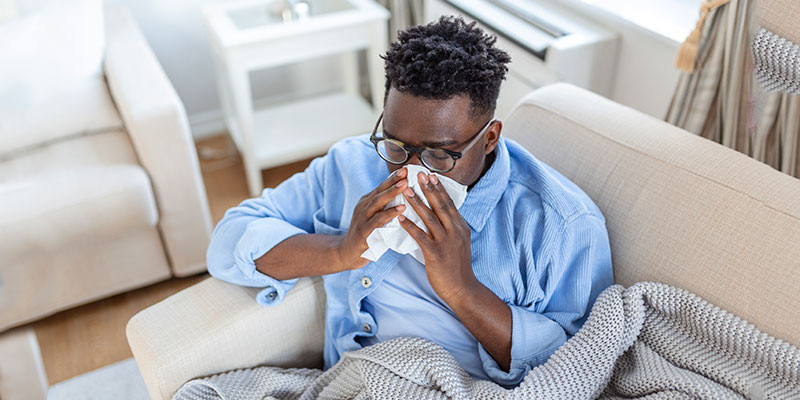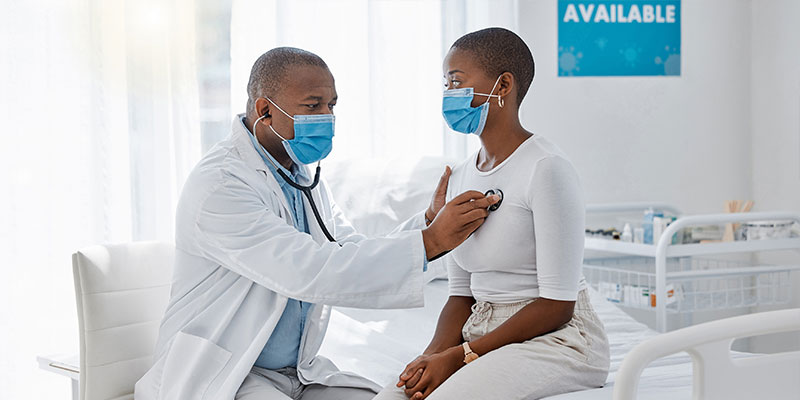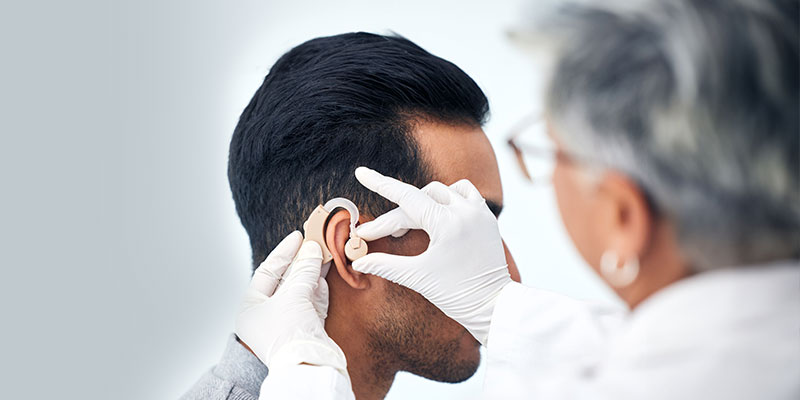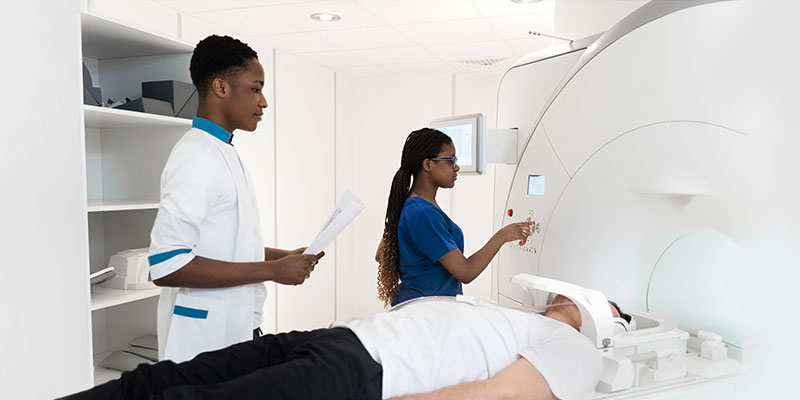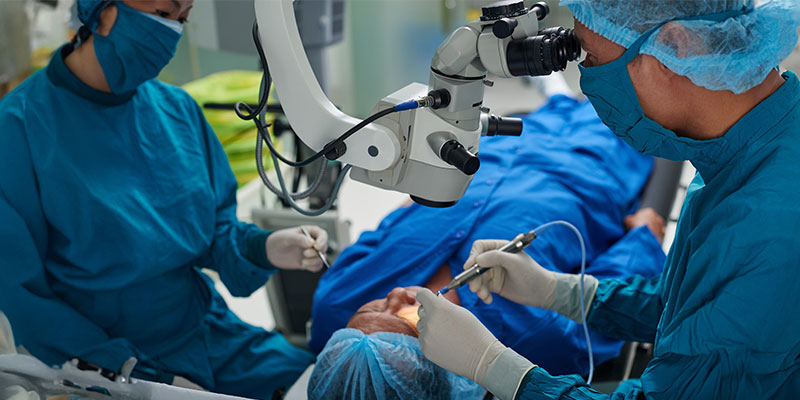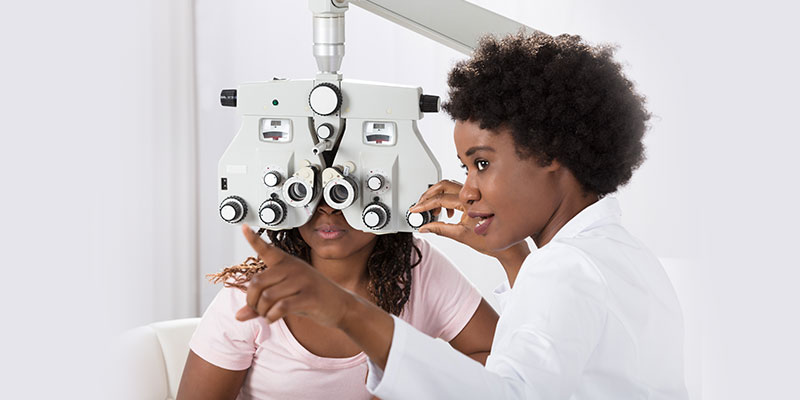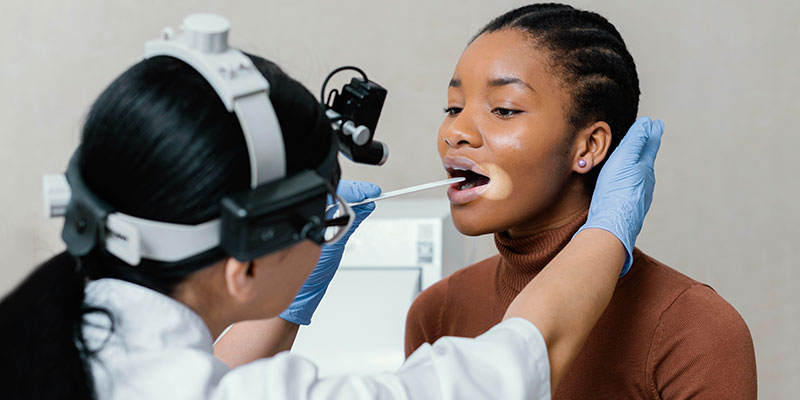Cancer is undoubtedly the most deadly disease in the modern era, with around 10 million deaths per year. One of the leading causes of death worldwide is cancer. The fact that there is no cure for cancer after a certain stage makes this situation considerably scarier.
So it is paramount that we arm ourselves with every tool at our disposal in the fight against cancer. Meanwhile, one crucial aspect of this conflict the significance of nutrition and food is frequently disregarded. The critical role that nutrition plays in preventing cancer and strengthening the body throughout treatment is frequently emphasized by oncology experts. Continue reading to learn more about the importance of nutrition in the prevention and treatment of cancer.
Weight Management as a Preventive Measure
For the prevention of cancer, maintaining a healthy weight is essential. Numerous cancers, including breast, colorectal, and pancreatic cancer, have been associated with obesity. We can successfully manage our weight and reduce our risk of cancer by choosing a balanced diet and participating in regular physical activity.
Shielding Against Cancer:
Consuming a diet that is well-balanced and rich in fruits, vegetables, whole grains, and legumes gives vital nutrients and potent antioxidants that can lower the risk of cancer. These nutrient-dense foods strengthen the body's defenses, fostering optimum cellular health and reducing the likelihood that cancer may occur.
Supporting the Journey: Nutrition during Cancer
Treatment Proper nutrition plays a vital role in supporting individuals undergoing cancer treatment. Adequate calorie and protein intake are crucial for healing, preserving muscle mass, and combating treatment-related side effects. Collaborating with oncology doctors and registered dietitians can ensure tailored nutrition plans to optimize treatment outcomes.
Mitigating Treatment Side Effects through Diet
Cancer treatments like chemotherapy and radiation therapy often bring about challenging side effects such as nausea, appetite loss, and taste changes. Adapting the diet to include smaller, frequent meals and choosing foods that are gentle on the stomach can help manage these side effects, ensuring adequate nutrition during treatment.
Personalized Nutrition:
Depending on the type of cancer they have, their treatment plan, and their general health, every person may have different nutritional demands. When developing individualized dietary regimens, the advice of registered dietitians and cancer physicians is important. This cooperative strategy makes sure that people receive individualized dietary advice that takes into account their particular situation, increasing the advantages of nutrition in cancer prevention and treatment.
Food during a cancer diagnosis.
Just like there is food that can help you in the battle against cancer, there are also foods that you should avoid if you are diagnosed with cancer. However, it is not easy to list down the item you should avoid. Because not everyone who has cancer gets the same side effects of chemotherapy. And the location of the tumor also dictates which foods you should not eat. Therefore, meeting with a dietician before the treatment would be a good idea for a patient to get a customized diet plan.
In Conclusion, it cannot be stressed enough how important nutrition is for both preventing and treating cancer. Oncology doctors at HJ Hospital and other professionals in the field are aware of its importance. Adopting a balanced diet can help people strengthen their bodies, lower their chance of developing cancer, and improve the results of their medical treatments. Through the power of nutrition, people can actively participate in their health, arming themselves with the means to fight cancer and work toward a better quality of life.






 Jun 16, 2023
Jun 16, 2023





